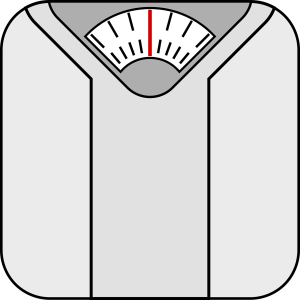We really can’t live without sleep. Lack of quality sleep is scientifically proven to cause weight gain, play havoc with your immune system and contribute to a list of potentially deadly diseases. Sleep Apnea could be the reason you are not getting quality sleep.
“I can get by on 4 hours of sleep,” some business travelers say, but really can they? Or are they in a state of chronic stupor from weeks of sleep deprivation?
The October 2015 Scientific American highlights the “The Power of Sleep” in the lead article. The author accurately states that many studies support the links between good sleep – which is not a four hour “power sleep” – and improved mood, memory, cognitive functioning, and ability to learn.
One night without sleep, or a very short sleep, interferes with our immune system; making us more susceptible to colds, viruses, etc. It is no wonder why it’s not uncommon to “catch a cold” after business trips, conferences or family trips over the holidays where we tend to stay up later than normal.
Sleep Apnea disrupts sleep and mimics the effects of lost sleep due to life’s responsibilities like business trips. It also disrupts hormones in the body that help regulate feelings of fullness; making you crave carbs when you are sleep deprived.
Sleep apnea causes a “flip” in two hormones affecting appetite. Ghrelin stimulates appetite, and specifically for carbohydrates. Leptin is the counterpart hormone. It tells the brain that we’ve been fed, shutting down our hunger drive. With as little as two nights of less than normal sleep, these two hormones become out-of-balance. Then we tend to crave food more and we keep eating long after are full and our blood sugar has risen. This dysregulation is one of the factors that contribute to the development of metabolic syndrome (pre-diabetes) in people with untreated sleep apnea. It also contributes to weight gain. Sleep apnea and sleep deprivation also makes our body less sensitive to insulin, which stimulates excess eating.
One of the greatest impacts of sleep deprivation or under-sleeping (normal is 6-8 hours per night) is in the brain. The evidence of a causal link to depression being triggered with sleep apnea and sleep deprivation is growing. The Scientific American article reports that a 2011 study by U.S. Center for disease control found that sleep apnea carries a 2.4 times higher risk for depression in men and 5.2 times higher risk for women. A different study showed depressed, but treated sleep apnea patients, had a 26% reduction in depression symptoms compared to untreated.
If you think you, or someone you know, suffers from Sleep Apnea, get evaluated to know for certain. TMJ Sleep Solutions has been helping people get relief from Sleep Apnea for almost 15 years. Make an appointment today!



